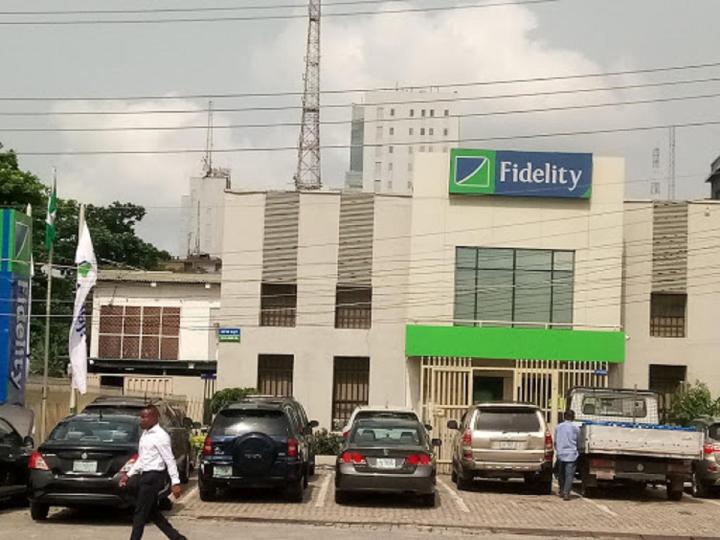Fidelity Bank has emphasized the critical role of financial technology in deepening trade relations between the United States and Africa, highlighting how digital solutions can dismantle barriers, improve efficiency, and foster greater collaboration between businesses on both continents. Speaking at a recent international trade and investment forum, the bank noted that fintech innovations are redefining cross-border transactions, opening opportunities for African businesses to participate more actively in the global marketplace.
According to the bank, traditional trade finance models have often been hampered by lengthy documentation processes, high transaction costs, and limited access to credit, particularly for small and medium-sized enterprises (SMEs). Fintech solutions, on the other hand, are helping to close this gap by introducing faster, more transparent, and more secure platforms for payment processing, credit evaluation, and risk management. Fidelity Bank stated that by leveraging digital tools, African businesses are increasingly able to access U.S. markets with fewer restrictions and improved financial backing.

The bank further explained that fintech can bridge the trust deficit often seen in international trade. By integrating blockchain, artificial intelligence, and digital identity systems, fintech ensures transparency and accountability, making it easier for U.S. and African firms to establish stronger partnerships. Fidelity Bank also pointed to the role of mobile money and digital wallets, which have become widely adopted in Africa, in simplifying transactions and reducing dependence on traditional banking infrastructure.
Fidelity Bank underscored that the US-Africa trade corridor remains one of the most underutilized, largely because of financial and logistical bottlenecks. Fintech, it noted, can eliminate many of these constraints by streamlining supply chain financing, digitizing documentation, and offering instant cross-border settlement systems that cut delays. The bank stressed that this transformation is crucial for industries such as agriculture, manufacturing, and technology, which require efficient trade systems to thrive.
Moreover, the bank highlighted that fintech growth in Africa is being fueled by a youthful, tech-savvy population and increasing internet penetration, factors that align with U.S. investors’ search for dynamic and emerging markets. By supporting fintech-driven trade systems, Fidelity Bank believes that U.S. companies will find it easier to invest in Africa, expand supply chains, and diversify sourcing beyond traditional regions.
The bank also revealed its commitment to supporting fintech partnerships, noting that it is actively working with both African startups and international technology providers to build stronger trade ecosystems. This includes investments in digital banking infrastructure, trade finance platforms, and risk assessment tools that align with global best practices. Fidelity Bank believes that such efforts will not only strengthen US-Africa trade relations but also position Nigeria and Africa as leaders in the digital economy.
While fintech’s potential is immense, Fidelity Bank cautioned that adequate regulation, cybersecurity measures, and digital literacy must accompany growth in the sector. It urged African governments and regulators to adopt policies that encourage innovation while protecting consumers and businesses from fraud and system risks. Equally, it encouraged U.S. stakeholders to collaborate with African counterparts in building sustainable frameworks that ensure fintech adoption benefits all parties in the trade value chain.
The bank concluded by stressing that fintech is no longer just a support tool but a central driver of trade expansion. As Africa works to unlock new opportunities under the African Continental Free Trade Area (AfCFTA), and as U.S. businesses seek new markets, fintech will remain the bridge that makes cross-border collaboration seamless, efficient, and mutually rewarding.
Support InfoStride News' Credible Journalism: Only credible journalism can guarantee a fair, accountable and transparent society, including democracy and government. It involves a lot of efforts and money. We need your support. Click here to Donate
